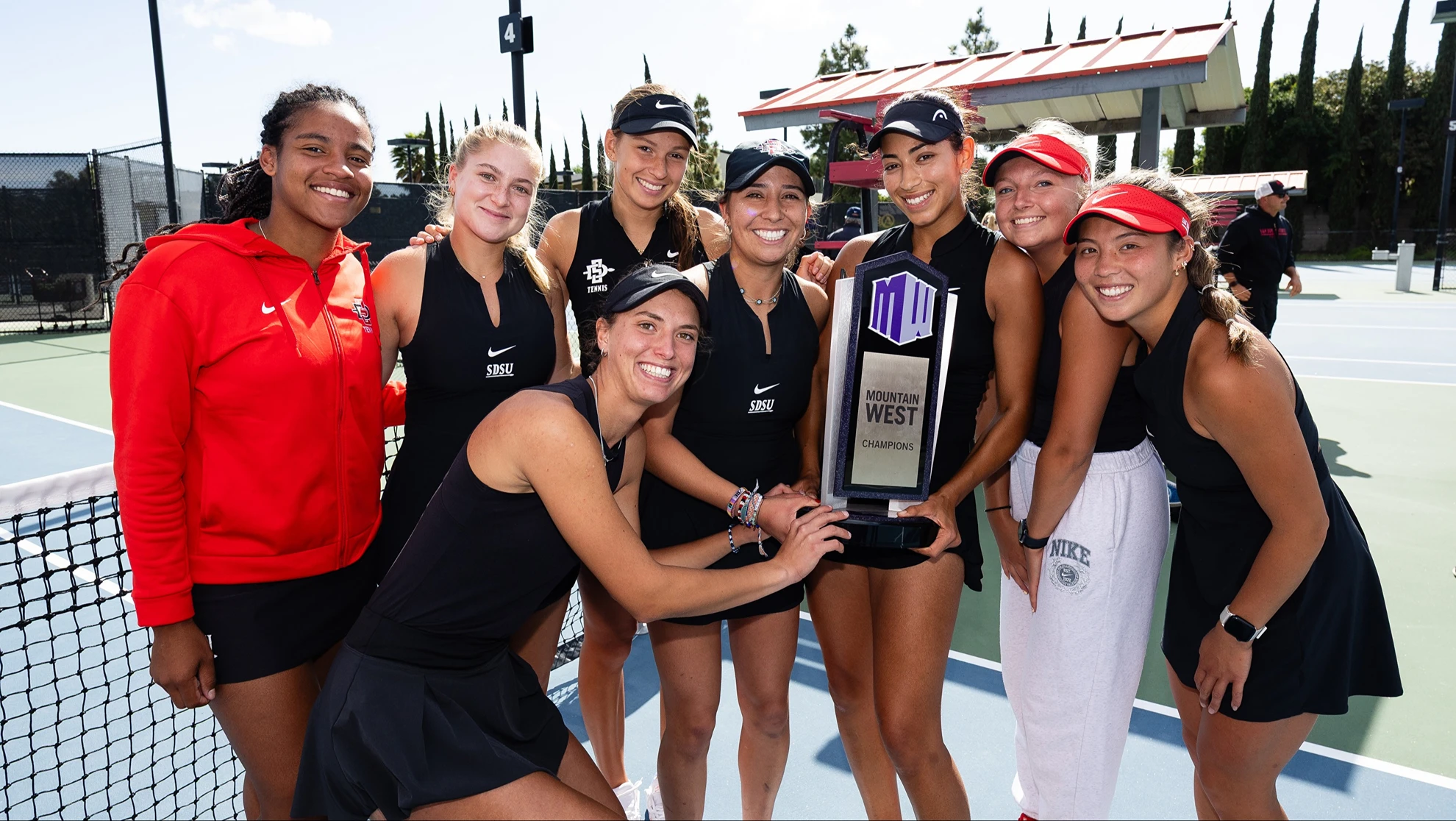New Endowed Chair Strengthens Impact of SDSU Program on Brazil
Donors J. Keith Behner and Catherine Stiefel add to endowment based on the success of their previous investments to support international research and teaching on Brazil.

San Diego State University is expanding its curricular and research focus on Brazil, increasing opportunities for students to study and work abroad and strengthening partnerships with universities and nonprofits in the world’s fifth most populous country.
The interdisciplinary J. Keith Behner and Catherine M. Stiefel Program, created in 2014 and housed in the College of Arts and Letters, is SDSU’s first endowed academic program with an international focus.
Now, a second gift to the program from Behner ('71) and Stiefel ('92) will increase its impact, not only at SDSU, but also in Brazil and within the Brazilian diaspora living in the United States. The new gift funds the J. Keith Behner and Catherine M. Stiefel Endowed Chair, supporting SDSU professor Erika Robb Larkins as program director.
“The tremendous success and progress of the Program on Brazil to date has led Cathy and me to double down on our original $2.5 million endowment aimed at creating one of the best comprehensive Brazilian studies programs in the nation,” Behner said. “When Brazil and Brazilian issues are discussed, SDSU and the Program on Brazil will increasingly be a significant part of the conversation.”
Behner’s fascination with Brazil stems from his years living there as a teenager. Stiefel also lived abroad as a child—in Puerto Rico. Through the years, both developed a profound respect and affection for the language, culture and peoples of Latin America.
Key collaborations
SDSU President Adela de la Torre expressed the university’s “incredible gratitude” for the continued support of donors such as Behner and Stiefel. “This program will give our students increased opportunities to study abroad and to research issues that affect urban and rural communities, including social, environmental and economic topics,” de la Torre said.
“These important collaborations with Latin America are key to our vision of graduating the global citizens, compassionate leaders, and ethical innovators who will ultimately make a positive impact in society—from San Diego to our transborder communities and around the world."
The Program on Brazil has an impressive five-year track record. It supported field research in Brazil by SDSU geographers Trent Biggs and Fernando De Sales, leading to a $1.45 million National Science Foundation (NSF) grant. Their research examines the impacts of agricultural-related deforestation on water cycles and regional climate change in the Amazon River Basin.
The program also expedited engineering professor Matthew Verbyla’s efforts to secure a three-year, $300,000 NSF grant for SDSU student and faculty research in Brazil’s southeastern state of Minas Gerais. The students will work with university researchers in Brazil to examine the benefits and risks of recovering water, energy and nutrients from wastewater. Larkins and engineering professor Natalie Mladenov are co-principal investigators on the grant.
New opportunities
More than three dozen faculty from all seven colleges are affiliated with the interdisciplinary Program on Brazil. The new gift funds these and additional faculty to design new courses, conduct research in Brazil or support a Brazilian collaborator as a visiting scholar or researcher.
“Our program will serve the entire university, involving faculty and students around issues of health, sustainability, urban development and the arts and culture,” Larkins said. “Brazilian researchers are eager to work with collaborators in the United States.”
Through the program, students in the Fowler College of Business traveled to São Paulo to conduct a collaborative project on water sanitation with students at Insper University. Marketing professor Gabe Gonzalez led the experiential learning opportunity.
Larkins, an anthropology professor, led a study abroad expedition to Salvador de Bahia and Rio de Janeiro to learn firsthand how local activists and nonprofits in Brazil are working for change in the areas of environmental sustainability, education, and housing and land rights. Other students completed summer internships with Brazilian nonprofits focused on community development, conservation, waste management and eco-tourism.
Behner and Stiefel have also supported SDSU’s Latin American Studies Program and the Fowler Scholars Program in the Fowler College of Business.



